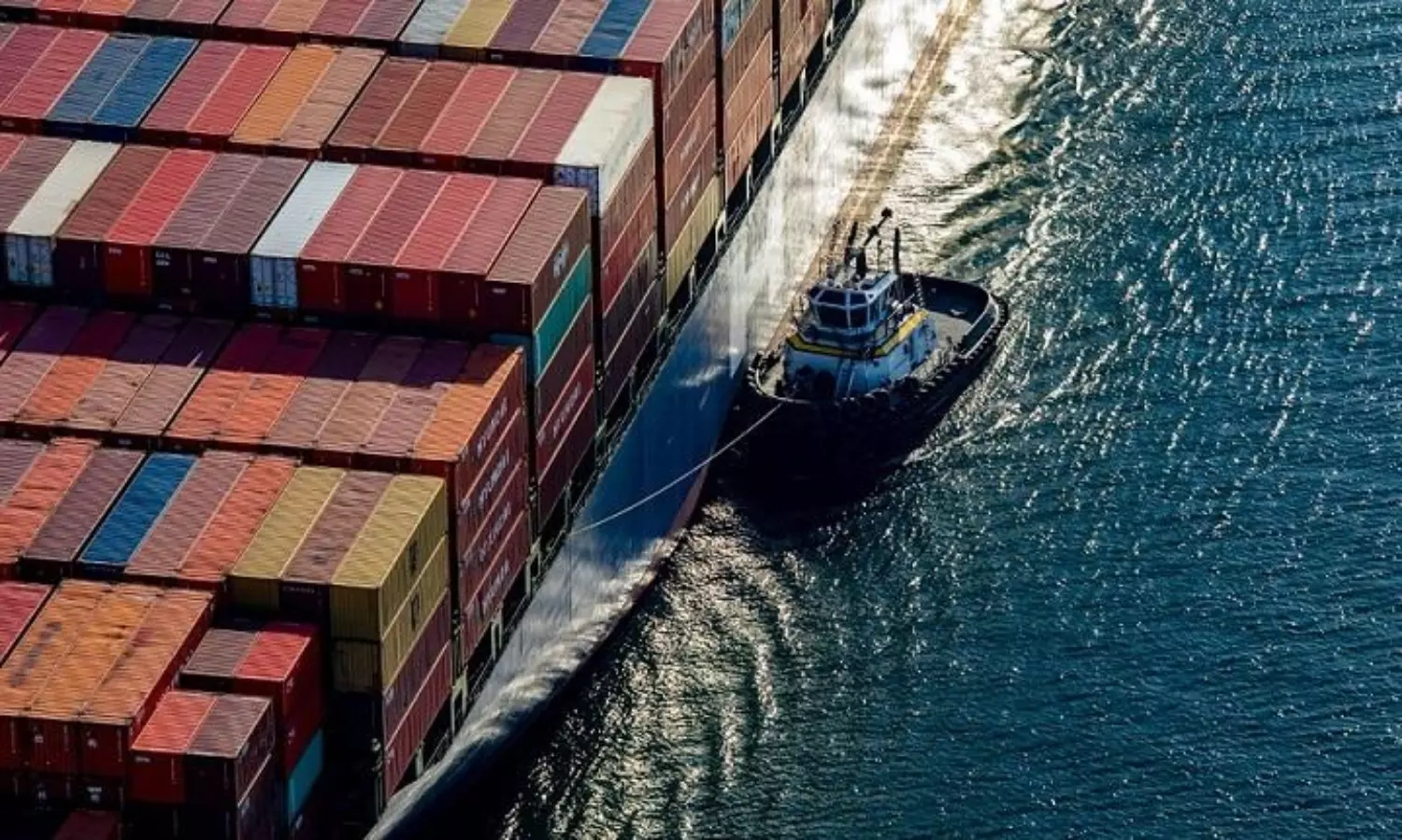"D&D significant cost now for shippers"
D&D charges up 12% despite decline in 2022 compared to pre-pandemic levels after global average increase of 39% in 2021

Surplus containers are piling up at warehouses as demand wears out, resulting in rising demurrage and detention (D&D) charges, contributing substantially to the operational costs for shippers, according to experts during a recent webinar by Container xChange.
Forecasts shared by the experts on the panel indicated a potential flattening of demand into the peak season. "However, it also was emphasised that the impact of the disruptions will take time to wither irrespective of containers moving at a greater or slower pace into the coming holiday season."
George Griffiths - Editor, Global Container Freight, S&P Global Commodity Insights, said: "The shipping industry is going to see freight rates stay flat for the rest of the year. While it could see a little variance, it might not fall off the cliff to the extent that we saw it rise when it did in 2020 and 2021."
Chantal McRoberts, Head of Advisory, Drewry Supply Chain Advisors, added: ""There are massive inventory levels that have been building up. If you speak to shippers, they've got a lot in their warehouse that they need to move, and demand is falling."
Christian Roeloffs, Co-founder and CEO, Container xChange, said "We've always compared the flow of containers to a traffic jam. If there's an accident and a traffic jam, even if the accident is cleared up, it still takes a very, very long time for traffic to flow again... it's not the case that you just resolve the blockage and then everything flows."
D&D charges up 12% despite decline in 2022
The annual Demurrage and Detention benchmark report showed that there was a major spike in D&D charges in 2021. The global average increase was 39 percent for standard containers while the charges at 20 distribution centres doubled in 2021.
"Looking at the 2022 scenario, the trend has been decreasing slightly. For some outlier ports like Long Beach, Los Angeles and Shanghai, the charges increased so much that it ended up with the value in 2022 still being higher than pre-pandemic value by 12 percent.
"Ahead of the peak season and the lifting of Shanghai lockdown, it should have given a bullish impetus to the shipping industry but demand did not materialise. Congested supply chains added to the mounting charges, which, in return, made it harder to both extract containers from terminals and return empty equipment."
Explaining the cause of rising D&D charges, McRoberts said: "It's clear that supply chain disruptions are driving an increase in detention and demurrage charges. If there's a shortage of drivers, a shortage of physical people and vehicles to get the containers into the ports and out of the ports, it consequently increases the D&D charges. These physical blockages had pushed up charges for shippers, and while the situation was easing, a full clearance of backlogs on the discharge front would not come until next year."
When will shippers get respite
"Many, many carriers and operators have introduced strict free time parameters, and as a result these charges for delays have been levied against the shippers," Griffiths said. "They've become a significant cost centre for shippers. Previously, this was a transient cost, people didn't really look at it. People didn't pay that much attention to demurrage and detention. But now it has become a cause of concern."
McRoberts said shippers should be asking questions about what they can and cannot get in the contract bids. "You need to make sure you are nailing down free days in your tenders. It is about maximising any opportunity on a hopefully softening cost element."
Regulations were likely to have less of an effect than some shippers hope for, McRoberts added.


